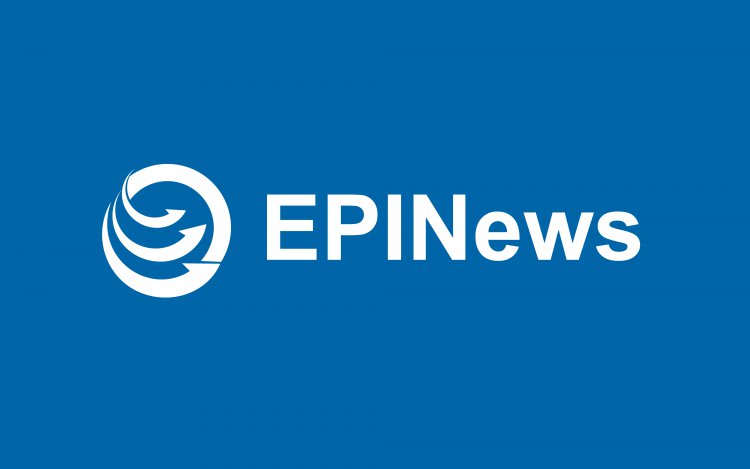
In a new alert, UNRWA highlighted how Gazans’ shelters have become a target for insects and rodents after more than 11 months of war – echoing deep concerns among humanitarians about the lack of basic hygiene items that have left families unprotected from communicable diseases.
Echoing those warnings, top independent rights experts meeting at UN Geneva maintained that access to clean water for Gaza’s 2.3 million people has been weaponized by Israel.
“Water is the main food we need…it is irreplaceable. But at the same time, if drinkability is not guaranteed, it becomes the most terrible vector of disease and death that exists in the world,” said Pedro Arrojo-Agudo, Special Rapporteur on the human rights to safe drinking water and sanitation. “So, in this case, this is clearly employed as a weapon in Gaza against [the] Palestinian civil population.”
Mr. Arrojo-Agudo, who reports to the Human Rights Council in his capacity as an independent rights expert, said that the population of Gaza now lives on an average of 4.7 litres of water, per person per day – well below the 15-litre minimum recommendation during emergencies from the UN World Health Organization (WHO).
With a coastal aquifer the only natural source of fresh water for Gazans, “this huge population has been forced to pump three times more water than the aquifer receives through natural replenishment”, resulting in sea water pollution during the Israeli blockade of Gaza, the Special Rapporteur maintained.
“In addition, Israel has been blocking 70 per cent of the materials needed to build and operate sewage treatment plants as ‘dual use’ materials, preventing proper sewage treatment, which has led to progressive faecal contamination of ground water,” Mr. Arrojo-Agudo insisted.